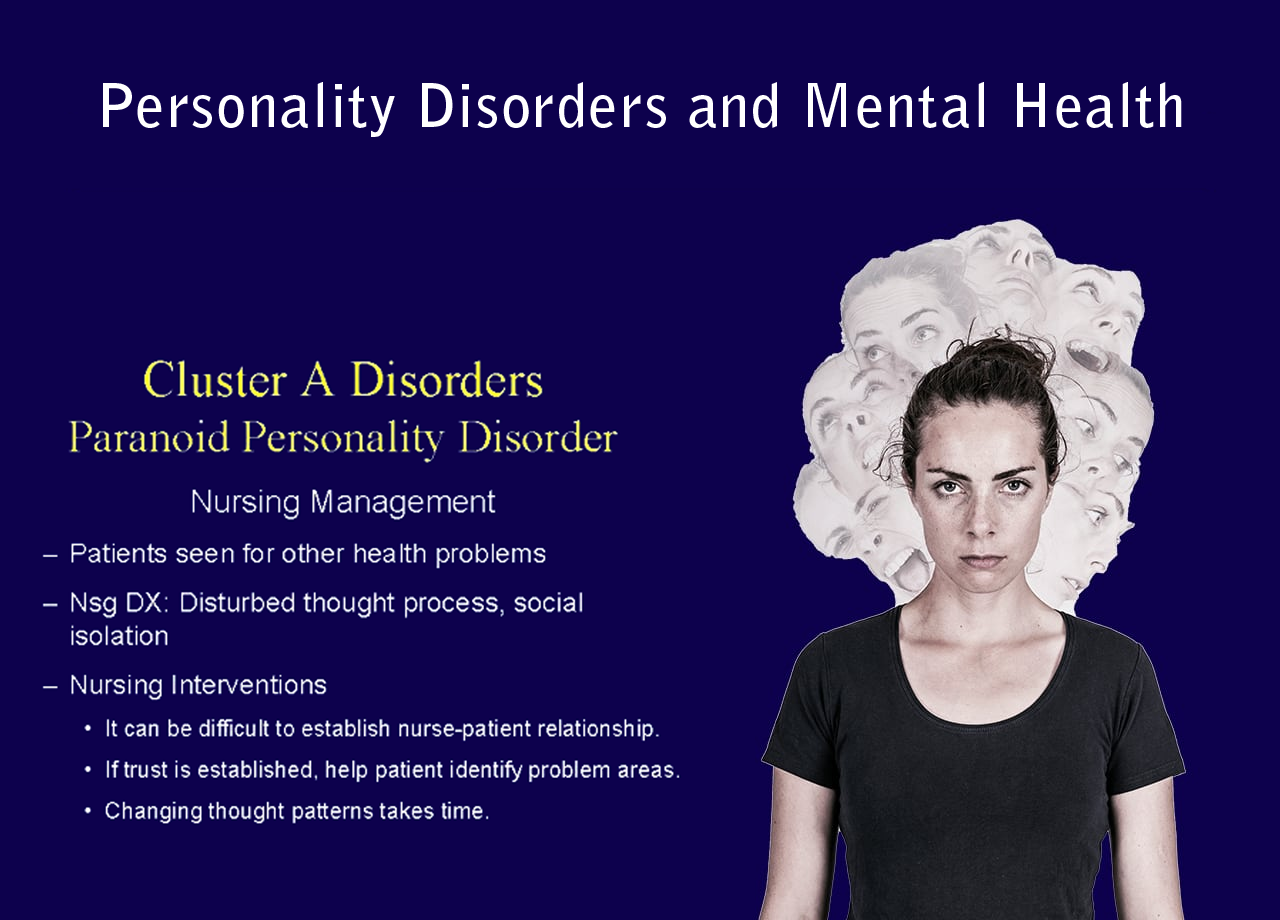Personality disorders are a group of mental health conditions characterized by patterns of behavior, thoughts, and emotions that deviate significantly from societal norms and cause significant impairment in personal, social, and occupational functioning. There are ten types of personality disorders, each with its own unique set of diagnostic criteria and symptoms.
The ten types of personality disorders are divided into three clusters based on their shared characteristics. Cluster A includes paranoid, schizoid, and schizotypal personality disorders. Cluster B includes borderline, narcissistic, histrionic, and antisocial personality disorders. Cluster C includes avoidant, dependent, and obsessive-compulsive personality disorders.
Individuals with personality disorders may experience significant distress or impairment in various areas of their life, including relationships, work, and self-esteem. The impact of personality disorders can be far-reaching and can lead to other mental health problems, such as anxiety and depression.
The exact causes of personality disorders are not well understood. Some factors that may contribute to the development of personality disorders include genetic predisposition, early childhood experiences, and environmental factors. Additionally, there may be a complex interplay between biological, psychological, and social factors that contribute to the development and maintenance of personality disorders.
Diagnosis of personality disorders can be challenging, as many of the symptoms can overlap with other mental health conditions. However, a thorough clinical evaluation, including a detailed history and psychological testing, can help clinicians arrive at an accurate diagnosis.
Treatment for personality disorders typically involves a combination of psychotherapy and medication. Psychotherapy can help individuals with personality disorders learn new coping strategies, develop healthier relationships, and improve their overall functioning. Medications, such as antidepressants or antipsychotics, may be used to alleviate symptoms such as depression or anxiety.
One of the challenges in treating personality disorders is that individuals with these conditions may not perceive their behavior as problematic, which can make them less likely to seek help. Additionally, personality disorders can be difficult to treat because they involve long-standing patterns of behavior that may be resistant to change.
Despite these challenges, it is important to seek treatment for personality disorders. Early intervention can lead to better outcomes, and individuals with personality disorders can benefit from learning new coping strategies and developing healthier relationships. With the right treatment, individuals with personality disorders can improve their quality of life and reduce their risk of developing other mental health problems.
Conclusion
Personality disorders are a group of mental health conditions that can significantly impact a person’s life. These conditions are characterized by patterns of behavior, thoughts, and emotions that deviate from societal norms and cause significant impairment in personal, social, and occupational functioning.
There are ten types of personality disorders, each with its own unique set of diagnostic criteria and symptoms. Diagnosis can be challenging, as many of the symptoms can overlap with other mental health conditions. However, a thorough clinical evaluation, including a detailed history and psychological testing, can help clinicians arrive at an accurate diagnosis.
Treatment for personality disorders typically involves a combination of psychotherapy and medication. Psychotherapy can help individuals with personality disorders learn new coping strategies, develop healthier relationships, and improve their overall functioning. Medications, such as antidepressants or antipsychotics, may be used to alleviate symptoms such as depression or anxiety.
One of the challenges in treating personality disorders is that individuals with these conditions may not perceive their behavior as problematic, which can make them less likely to seek help. Additionally, personality disorders can be difficult to treat because they involve long-standing patterns of behavior that may be resistant to change.
![]()





